La Política de Tierras ugandesa, de 2013, garantiza a las mujeres el mismo derecho que a los hombres de ser propietarias o copropietarias de la tierra, pero eso no siempre se refleja en el terreno.
Masiko subrayó la necesidad de iniciativas concentradas en atender los desequilibrios estructurales para achicar la brecha de género, comprender las distintas necesidades de hombres y mujeres y allanar el camino para una efectiva adaptación al cambio climático.
Edidah Ampaire, coordinadora del proyecto Acción Política para la Adaptación al Cambio Climático, dijo que las contribuciones y los derechos de las mujeres están extremadamente restringidos, en especial en zonas rurales, y que el gobierno hace muy poco para atender los desequilibrios.
“La desigualdad de género está generalizada en las comunidades agrícolas y deja a las mujeres en desventaja”, precisó Ampaire.
Tereka subrayó que la promoción de la igualdad de género está en el centro de los programas de la FAO y que la agencia realiza esfuerzos deliberados para garantizar la inclusión femenina en todos sus programas.
“Es fundamental que las mujeres ganen poder y formen parte de la toma de decisiones en todos los niveles, a fin de que podamos ver su contribución efectiva al desarrollo de sus familias y sus naciones”, explicó Tereka.
A través de la metodología de Escuelas de Campo para Agricultores (ECA), “conocidas como escuelas sin muros”, la FAO permite que hombres y mujeres con un objetivo común reciban capacitación, compartan ideas, aprendan entre sí mediante la observación y la experimentación en su propio contexto.
En promedio, las ECA cuentan con 60 por ciento de mujeres.
Proscovia Nakibuye, quien cría ganado en el distrito ugandés de Nakasongola, dijo que las ECA le enseñaron estrategias efectivas para hacer frente al cambio climático. “No enseñaron buenas prácticas para mantener el ganado y plantar pasturas”, relató.
“Las ECA ofrecen un espacio para aprender en grupo de forma práctica, mejorar la capacidad de realizar análisis críticos e incentivar el proceso de decisión de las poblaciones locales”, explicó Tereka.
“Las actividades se basan en el campo e incluyen la experimentación para resolver problemas, al reflejar un contexto local específico”, añadió.
“Los participantes aprenden a mejorar sus habilidades agrarias mediante experimentación, observación, análisis y aplicación en su propio terreno, lo que contribuye a una mejor producción y sustento. El proceso de las ECA mejora el empoderamiento individual, doméstico y comunitario, así como la cohesión social”, precisó.
De hecho, Nakibuye y su esposo observan grandes cambios tanto en su hogar como en las actividades agrícolas.
“Antes, mis hijos no iban a la escuela, pero ahora gracias a la mayor venta de leche, les puedo pagar una educación decente”, aseguró.
La FAO también utilizó los Sistemas de Aprendizaje Acción de Género, una herramienta comunitaria que permite a hombres y mujeres planear el futuro que quieren y actuar contra las barreras, incluidas las normas sociales que inhiben la igualdad de género y la justicia.
Por su parte, Mercy Ssekide, una agricultora del distrito de Mubende que se unió a la ECA de Balyejjusa, observó: “Si no colaboras con tu propia familia, los cultivos no prosperan, por eso impulsé a mi esposo a unirse a las ECA, para que trabajemos como equipo”.
“Nos capacitan y nos impulsan a trabajar duro para manejar el cambio climático y para cubrir nuestras necesidades. Fuera de temporada, cultivamos tomates y ganamos dinero porque la población local y los comerciantes nos compran a nosotros”, indicó el marido de Mercy.
Así, la familia logró diversificar sus actividades y aventurarse en la avicultura, la cría de cabras y de cerdos y mantener una huerta. Y ahora, los Ssekide deciden en conjunto el uso de los ingresos y pueden pagar la educación terciaria de sus hijos.
La FAO, con fondos aportados por la Unión Europea, implementa el Proyecto Global de Cambio Climático en los distritos centrales ganaderos de Luwero, Nakasangola, Nakaseke, Mubende, Sembabule y Kiboga.
Teniendo en cuenta la falta de tiempo y el peso de las tareas que recaen sobre las mujeres, la FAO procura que las actividades de sus proyectos fomenten la participación femenina, en particular ajustando el horario de reuniones y de la capacitación para que ellas puedan participar y beneficiarse de las capacidades y del conocimiento sobre agricultura climáticamente inteligente.
Tereka cree que con un clima cada vez más impredecible, es fundamental el desarrollo de capacidades relacionadas con la agricultura climáticamente inteligente.
Incluso, urgió al gobierno ugandés a renovar el sistema de extensión agrícola para ofrecer una mejor respuesta de género para que los agricultores, y en especial las mujeres, usen de forma correcta los insumos distribuidos por el Estado en el marco de la Operación Creación de Riqueza.
La metodología de las ECA se implementa actualmente en 90 países, con cuatro millones de agricultores en el mundo que lograron mejorar sus capacidades y se ajustaron bien a los efectos del cambio climático.
Traducido por Verónica Firme
Foto: Mercy Ssekide, del distrito de Mabende, en Uganda, trabaja con su esposo en el terreno familiar. Crédito: FAO.
Ecoportal.net
IPS
http://www.ipsnoticias.net
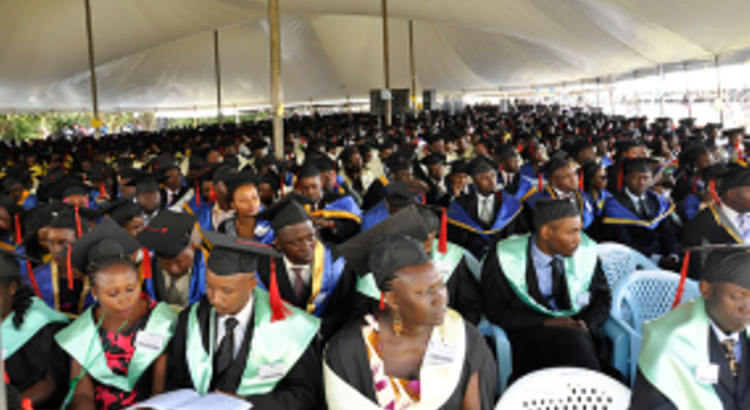
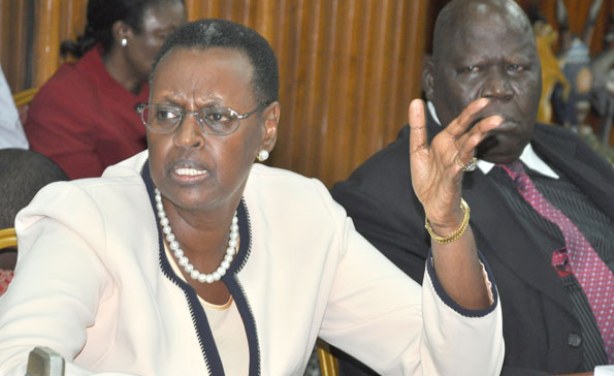
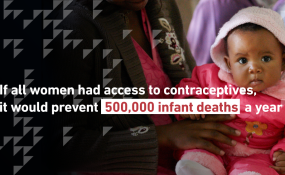
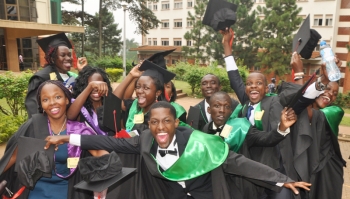
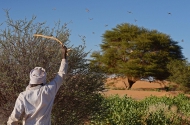
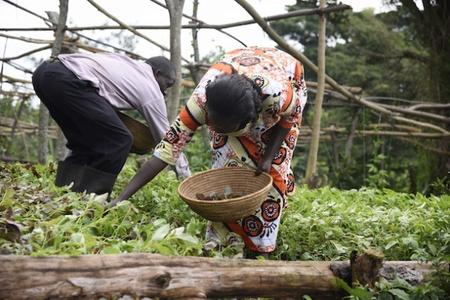
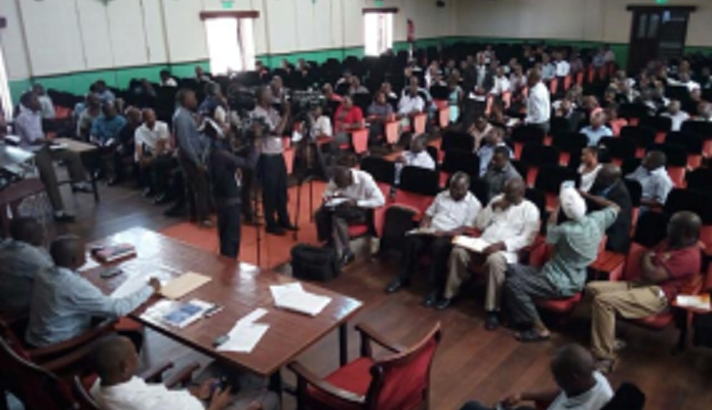






 Users Today : 33
Users Today : 33 Total Users : 35460164
Total Users : 35460164 Views Today : 50
Views Today : 50 Total views : 3418833
Total views : 3418833